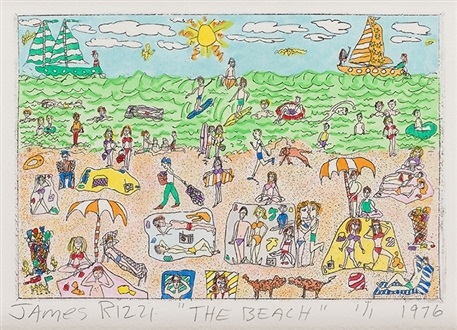
In 2016 America, fitness status was strongly correlated with presidential voting preferences. Citizens of counties with high rates of Type 2 diabetes and obesity tended to vote for Donald Trump, regardless of their race or education level. Citizens of counties with low rates of Type 2 diabetes and obesity tended not to vote for Donald Trump. This led me to wonder—are we underestimating the influence of suffering bodies on the body politic?
Years before Trump became a viable candidate for anything other than the world’s worst coiffed tax cheat, presidential hopeful Barak Obama was accused by the Wall Street Journal and other outlets of being “too fit” to garner a majority of voters. After all, at the time 66 percent of the nation’s voting population was overweight and 32 percent obese. In other words, most of us looked nothing like Obama, with his gazelle grace and silky three-point jump shot. So despite the many carefully orchestrated visits to junk food emporiums and his self-avowed penchant for greasy burgers and fries, many Americans had their doubts that Obama actually swallowed that swill—and remained suspicious that a man who claimed to be one of us was really nothing like us at all.
How is it, I wondered, that physical fitness and stamina became linked to the effete?
Not that long ago, the working class took pride in their vigor—sneering at the swells whose idea of exercise was driving their own car rather than hiring a chauffeur. In beach photos dating back to 1976 and earlier, revelers appear sleek, even thin, and while a many toss frisbees and frolic in the waves, very few appear to munch on chips or guzzle sodas. Yet in recent decades, the active pursuit of health through movement and moderation has for some voters become code for chardonnay-sipping snobbery. Under this rubric, Porky Trump’s refusal to amble even a few paces beyond his golf cart seems reasonable, even commendable, as no true leader of men can be forced to carry his own weight when it does not suit him to do so.
Many years ago, I traveled to Africa to research a cover story on malaria for The Atlantic. At the time, hundreds of thousands of children were dying each year of the disease, an utter tragedy that persists to this day. But more to the point, many millions of adults experienced symptoms of the illness—fever, headaches, exhaustion– on a regular basis. Many scientists believed that the experience of recuring illness led to an overwhelming sense of helplessness and despair that in some cases helped prop up tyrants and their enablers. In the U.S. today, with obesity levels soaring to 42 percent–three times the level they were just three decades ago–and eleven percent of adults suffering from diabetes, one can’t help but worry that unspoken resentment and despair over ill-health might be contributing to the nation’s surprising tolerance for tyrants, a tolerance egged on by (fit looking) commentators and talk show hosts.
Frankly, I don’t know what to make of all this, other than to caution against complacency. Our bifurcated society—where the wealthiest are the healthiest—is not news, but this is perhaps the first time in history where the least healthy have risen up to dominate the polls. Rather than make the mistake of Marie Antoinette who foolishly advised her starving subjects to “eat cake,” perhaps it’s time to advocate against the forces that brought us this ill health to begin with—food companies, advertisers, promoters of dubious diets, and hucksters of all varieties. A tall order, I know, but perhaps an important baby step toward common sense in an increasingly nonsensical world.